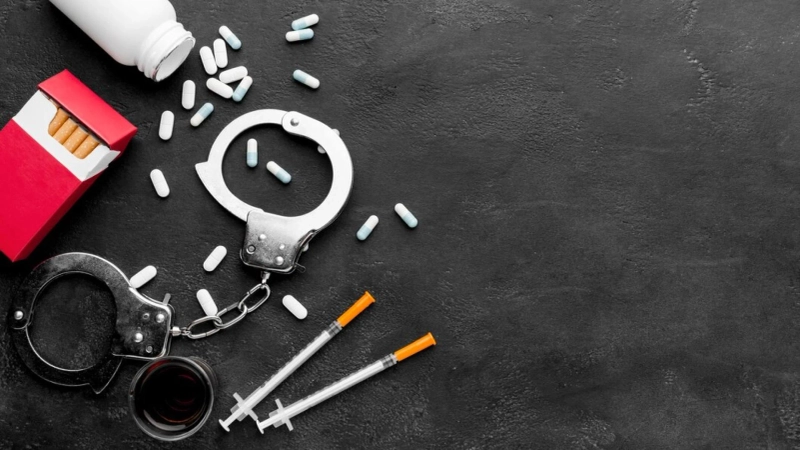Drug addiction is a complex issue that affects millions of people around the world. It can lead to serious health problems, affect personal relationships, and diminish the quality of life. For those who find themselves or their loved ones battling addiction, knowing where to turn for help can be daunting. One of the first and most accessible resources available is a drug addiction hotline. This article explores how these drug addiction hotline can offer immediate support and resources to those in need.
What is a Drug Addiction Hotline?
A drug addiction hotline is a free service, usually available 24/7, designed to help individuals who are dealing with substance abuse issues. These hotlines are staffed by trained professionals who offer confidential support and guidance to callers. They provide a safe space where individuals can discuss their problems and receive advice on the next steps to take towards recovery.
Immediate Assistance and Emotional Support
1. Round-the-Clock Availability
One of the greatest advantages of drug addiction hotlines is their availability. Most hotlines operate 24 hours a day, seven days a week, allowing individuals to reach out for help anytime they need it, whether it’s late at night or early in the morning.
2. Confidentiality
Hotlines provide a confidential environment where callers can feel safe sharing their struggles with addiction. This confidentiality is crucial for those who may feel embarrassed or fearful about seeking help.
3. Crisis Intervention
For individuals in a crisis situation, such as those experiencing severe withdrawal symptoms or suicidal thoughts, hotlines can be a lifeline. The counselors can guide callers through the crisis by providing immediate advice and directing them to urgent care if necessary.
Information and Guidance
1. Educational Resources
Hotline counselors are equipped to educate callers about the nature of addiction, helping them understand the psychological and physical aspects of substance abuse. This information can be crucial for recognizing the signs of addiction in oneself or in loved ones.
2. Treatment Options
Callers can receive information about various treatment options available, including detox programs, rehabilitation facilities, outpatient services, and support groups. Counselors typically have up-to-date information on local and national resources, making it easier for callers to find the help they need.
3. Navigating Health Care
Understanding how to navigate health care options can be challenging. Hotline staff can help explain how to use insurance for addiction treatment and what to do if one is uninsured or underinsured.
Steps Towards Recovery
1. Personalized Action Plan
Counselors can help callers develop a personalized action plan by setting realistic goals and outlining steps to begin the recovery process. This plan might include contacting local treatment centers, scheduling an appointment with a healthcare provider, or joining a recovery support group.
2. Follow-up Resources
Some hotlines also offer follow-up services to ensure that callers receive ongoing support. They may check in with callers after the initial contact to see how their recovery journey is progressing and offer further assistance if needed.
3. Empowerment and Hope
Beyond just providing information, drug addiction hotlines play a crucial role in empowering individuals. They offer hope and support, reminding callers that recovery is possible and that they are not alone in their journey.
Choosing the Right Hotline
When selecting a hotline to call, it’s important to consider several factors:
Specialization: Some hotlines specialize in specific types of addictions, such as opioids or alcohol. These specialized hotlines might provide more tailored advice.Services Offered: Ensure the hotline offers the services you need, whether it's crisis intervention, treatment referrals, or support for family members.Reputation and Reviews: Look for hotlines with positive reviews and those recommended by healthcare providers or trusted organizations.Conclusion
Drug addiction hotlines are an invaluable resource for immediate support and guidance. They offer a first step towards recovery by providing confidential advice, critical information, and compassionate support at any time of day. For many, making that first call is a pivotal moment in their journey towards a healthier, substance-free life. If you or someone you know is struggling with addiction, consider reaching out to a drug addiction hotline today. It’s a simple, free, and effective way to start on the path to recovery.


